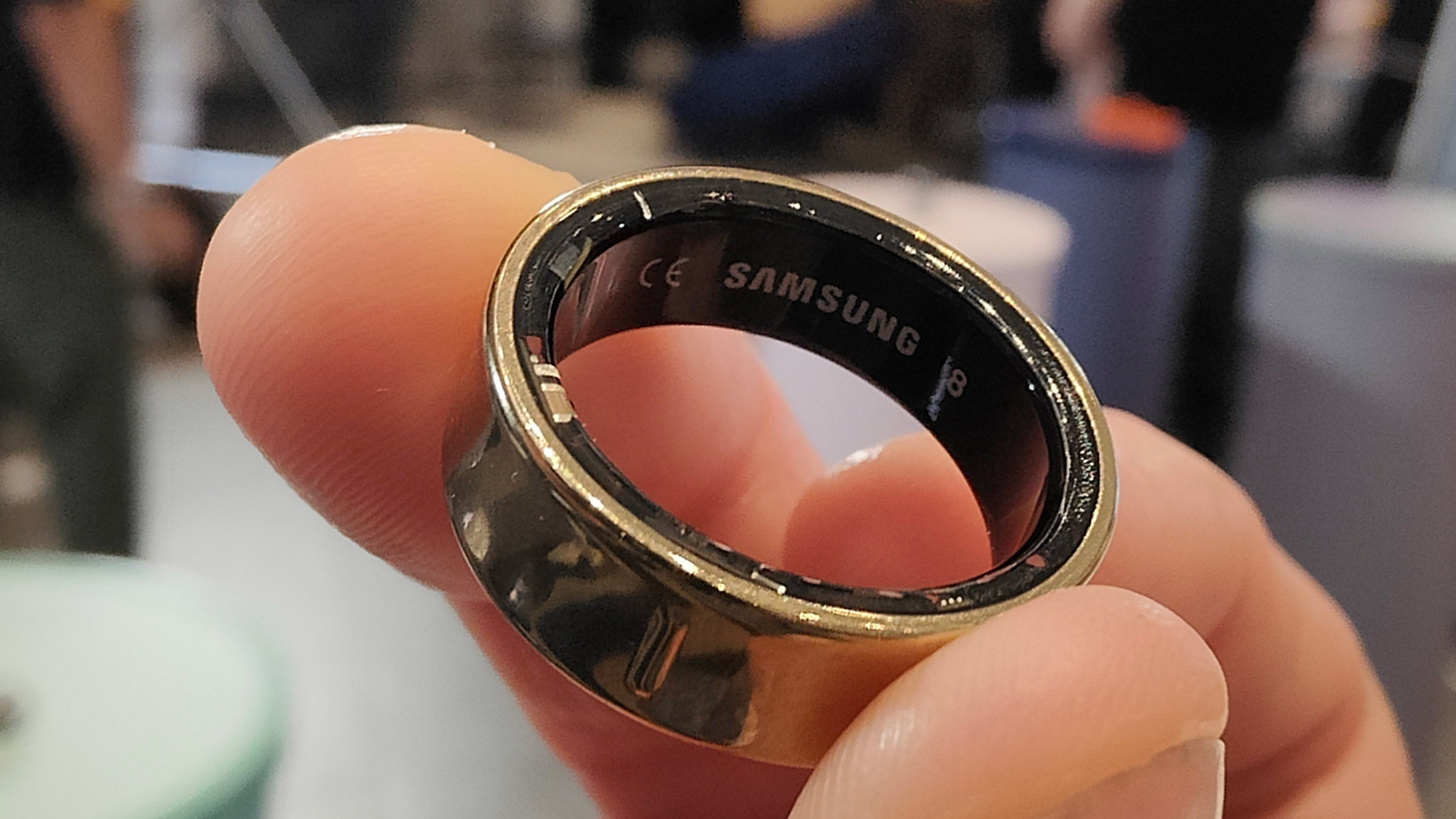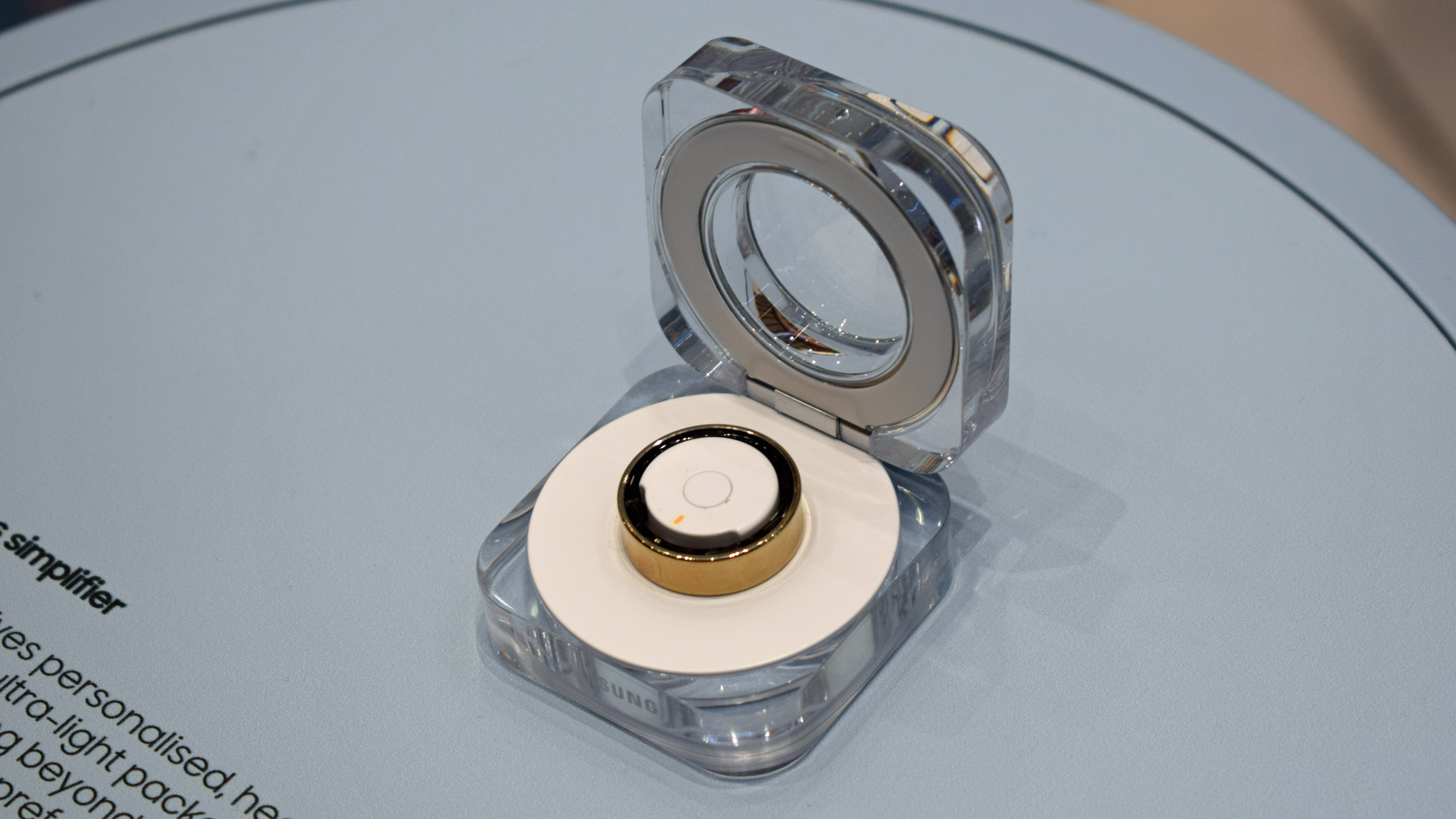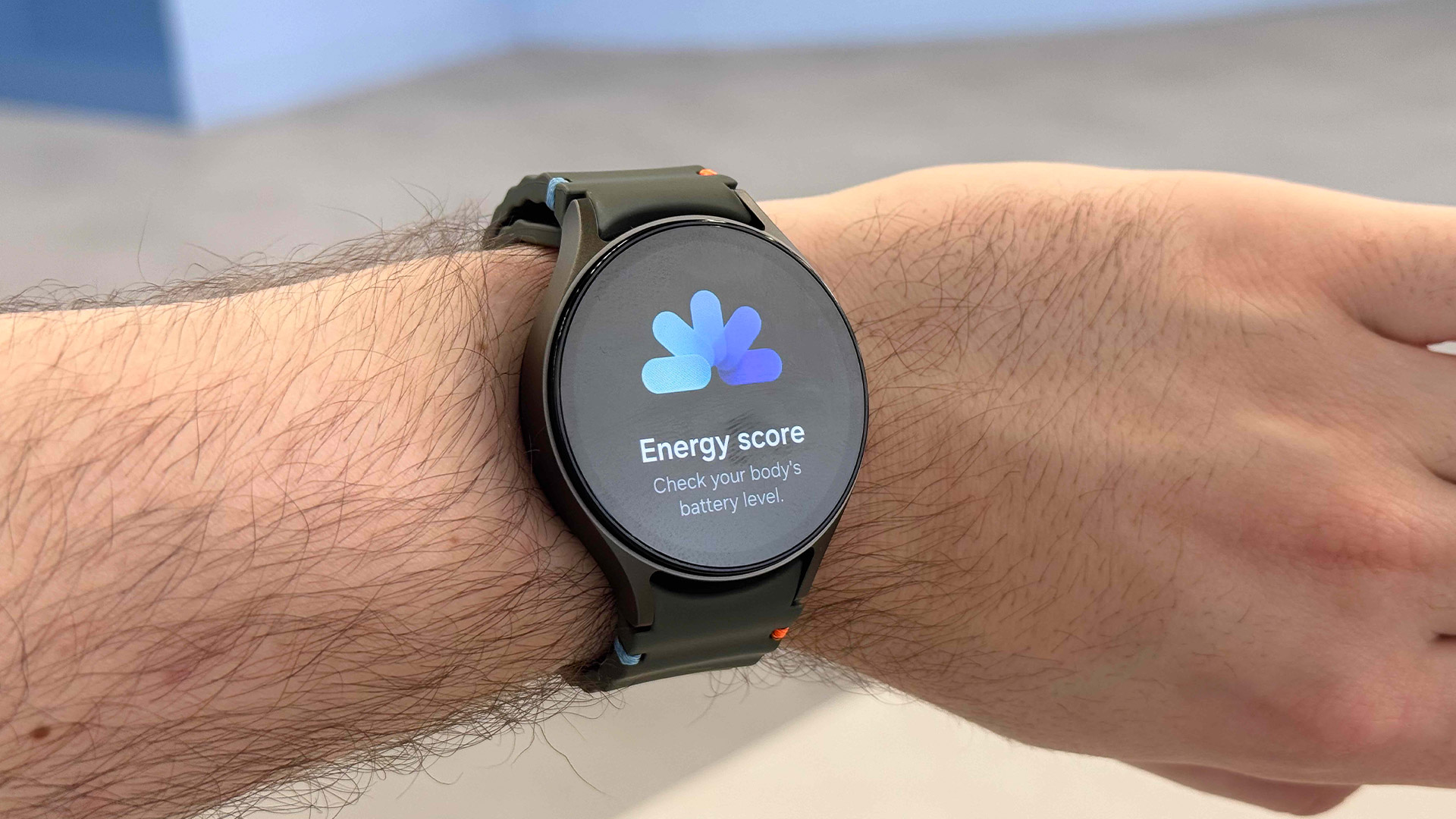The Samsung Galaxy Ring and Galaxy Watch could be the ultimate wearable tag team – here's why
"If you’re wearing the two together, the devices can intelligently determine which sensors to use"

We’ve all been waiting for more information – mainly a release date, full feature list, and price – for the Galaxy Ring since Samsung first teased it at its January 2024 Galaxy Unpacked, but the tech giant finally made it all official.
Samsung’s latest wearable is up for order right now at $399 / £399 (and around AU$750, though exact pricing is TBC) and will have a street date of July 24, 2024. But, seeing that Samsung also makes an array of watches, the team has gone the extra mile to make its wearables work together, and actually designed the Galaxy Ring to work holistically with the Galaxy Watch.
I had the chance to chat with Drew Blackard, VP of Mobile Product Management at Samsung Electronics America, at a Galaxy Unpacked Event in NYC, and while rocking both a Galaxy Ring and a Galaxy Watch might be for the “super enthusiast” at first, there are some other reasons for it like sleep tracking.

“I don’t like to sleep with a watch, but I’ve been sleeping with the ring and it’s super comfortable,” noted Blackard. And that’s a common trope of folks who want metrics on sleep but also don’t find it comfortable to wear a smartwatch on their wrist overnight. Plus, there’s always the chance it could buzz or glow and wake you.
Maybe even more important, though, is a battery life benefit that Blackard described: “If you’re wearing the two together, the devices can intelligently determine which sensors to use in the ring to offset some of the power consumption. So you may actually get more battery life out of the ring if you’re wearing both at the same time.”
That’s a potential big win, and Samsung noted that you can save up to 30% power on the Ring or a Watch, since it’s deciding which sensors it needs on and which device is most accurate. Blackard expanded that since you have multiple reads from potential sensors on your wrist and on your finger, “on-device intelligence can determine how to balance those readings and get you a more accurate step count, heart rate, among other things.”

The level of intelligence between both devices is impressive and does create some unique experiences. We’ll be testing them as we go hands-on, but it could be a step up for accuracy, considering that Samsung might opt to use the Ring over the Watch or vice-versa.
Sign up for breaking news, reviews, opinion, top tech deals, and more.
It also speaks to Samsung’s unique entry into the smart-ring space, as they already have experience with wearable devices. They expect some folks to pair a Galaxy Ring with an existing smartwatch, or potentially the Galaxy Watch 7 or Ultra and want to deliver a compelling experience.
Between the promised higher level of accuracy for certain metrics and up to 30% better battery life, Samsung hopes these are two additional reasons to choose the Galaxy Ring over competitors like the Oura Ring or the Ultrahuman.
In the meantime, you can read our hands-on with the Galaxy Ring here and TechRadar’s Editor At Large Lance Ulanoff's interview with Samsung’s Dr. Hon Pak here.
You Might Also Like

Jacob Krol is the US Managing Editor, News for TechRadar. He’s been writing about technology since he was 14 when he started his own tech blog. Since then Jacob has worked for a plethora of publications including CNN Underscored, TheStreet, Parade, Men’s Journal, Mashable, CNET, and CNBC among others.
He specializes in covering companies like Apple, Samsung, and Google and going hands-on with mobile devices, smart home gadgets, TVs, and wearables. In his spare time, you can find Jacob listening to Bruce Springsteen, building a Lego set, or binge-watching the latest from Disney, Marvel, or Star Wars.